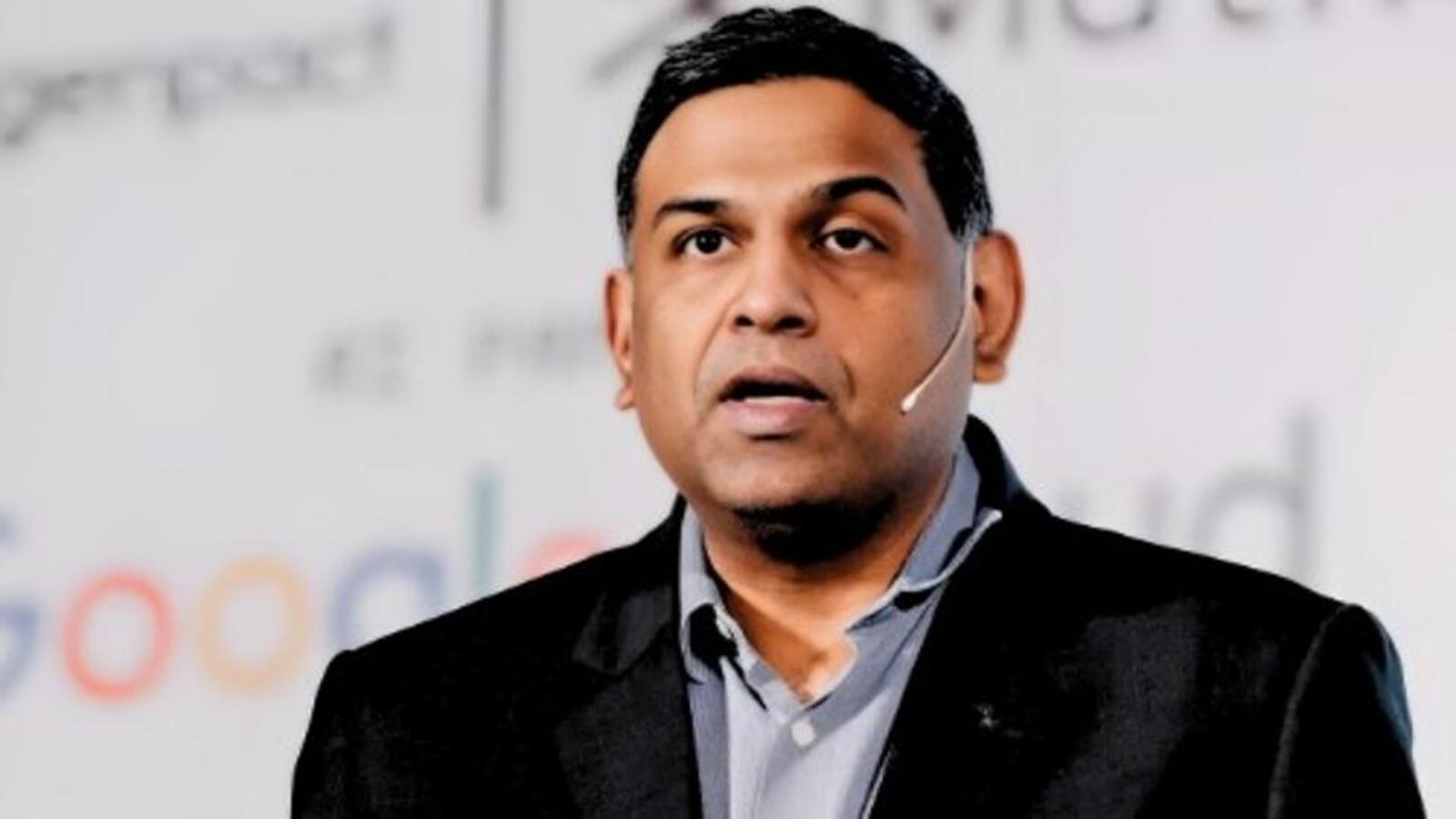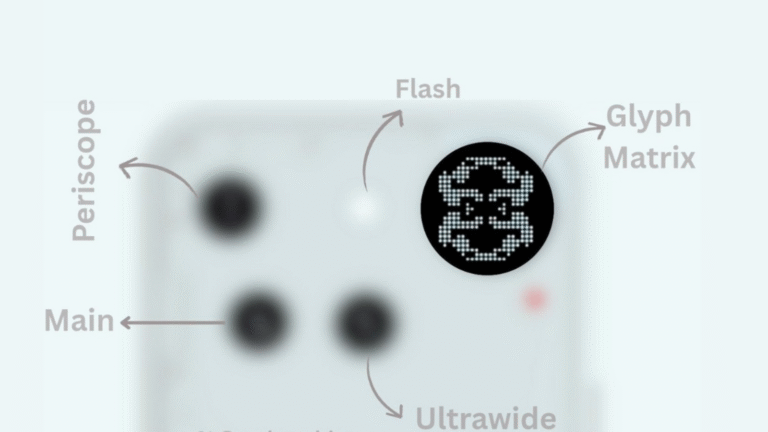The biggest issue artificial intelligence (AI) companies face today is access to compute and the cost to building large language models (LLMs), Ganesh Gopalan, CEO and founder of Gnani AI, said during an interaction with HT.

Selected under the Ministry of Electronics and Information technology’s (MeitY) ‘India AI Mission’ to build a foundational model for India, Gnani AI’s CEO said the government is yet to clarify how much AI compute will be subsidised or what other benefits the company can expect under the programme.
Access to Graphics Processing Units (GPUs) is a national concern, Gopalan told HT over a call, noting that more advanced versions of GPUs are continually being released. “Some of the newer GPUs have much more computational power, but if they are going to be available after some time, is it worth waiting for them,” he said.
Under the India AI Mission, the government has selected four startups — Gnani AI, Sarvam AI, Soket AI, and Gan AI — from a pool of 506 proposals to build home-grown foundational models. How will these foundational models differ from OpenAI’s GPT or Meta’s Llama? They will be built from the ground up using India-specific datasets, languages, and cultural contexts.
While there is still some ambiguity within startups around the exact support being offered, MeitY secretary Abhishek Singh said in an April podcast that, in addition to nearly fully subsidising compute, the government will also cover costs related to engineering, personnel, and data.
According to India AI’s compute portal, Sarvam AI has received 4,096 fully subsidised GPUs, valued at over ₹246 crore. In total, the government has allocated 4,423 GPUs under the scheme till now, with a cumulative subsidy amounting to ₹259.89 crore. The rest of the subsidies have been allocated to researchers, early stage startups and government entities.
The government has also called rounds of GPU empanelment, in which by now they have a capacity of over 34,000 GPUs, of which they have made 14,000 GPUs available online on their platform.
Gopalan along with Ananth Nagaraj started the company seven years ago. Fast forward to 2025, Gnani AI has over 100 clients and is building 14 billion-parameter voice-to-voice foundational AI models for India, aimed at enabling instant and natural conversations without human intervention. The company plans to initially launch a model supporting 14 languages, gradually expanding to cover 22 languages.
The startup has a three-pronged aim: reduce latency, increase accuracy and infuse emotional intelligence in their LLM. “The models aim to enable emotionally aware conversations, preserving intonation, stress and rhythm in the conversations. The model uses a fused architecture to reduce inherent latencies and errors that cascade through the pipeline,” explained Gopalan.
Gnani AI has built a substantial dataset of 14 million hours of annotated audio, with the team initially spending two to three years collecting and curating the first set of data.
“We collected a lot of data all across India when we started in 2016, often at 1/1000 the cost of what a large company would collect it at because we were a hungry startup without money,” said Gopalan jokingly. “The dialects change in India every few kilometers. We would find out which districts we haven’t collected data from and we would go there and collect it.”
When asked whether the company buys data, the CEO responded, “Why should I buy data for $100 an hour when we know how to get it for ₹100 an hour?”
Gnani AI collects data using many methods like using open-source datasets, working with language experts for lesser-resourced languages, and building proprietary data through a wide range of gamified mobile apps to collect diverse speech data for training its models.
“We sometimes also requested people to send over their voice through WhatsApp. Some of those were also given free by people, when we told them ‘look, we are building this (LLM) for your language,” said Gopalan. His team is also looking at AI Kosh, a government platform where government and private datasets have been made available.
While Sarvam AI said in April that it will come out with it foundational model in six months, Soket AI Labs has set a one-year delivery timeline. Gnani has set a timeline of six to eight months to deliver the first version of its model once it receives access to compute resources from the government.
Other companies are also showing interest in building foundational models for India. TWO CEO Pranav Mistry confirmed to HT that he has submitted his foundational model proposal to the India AI Mission.




















